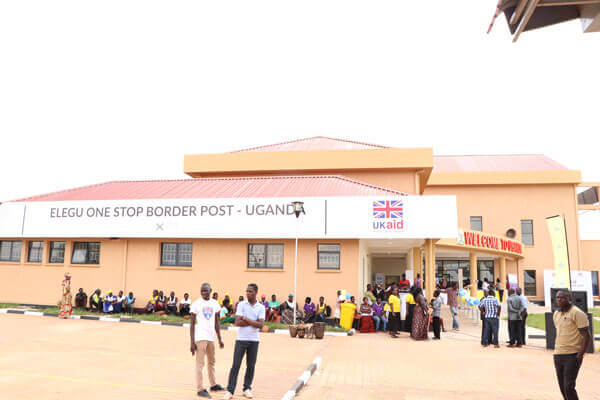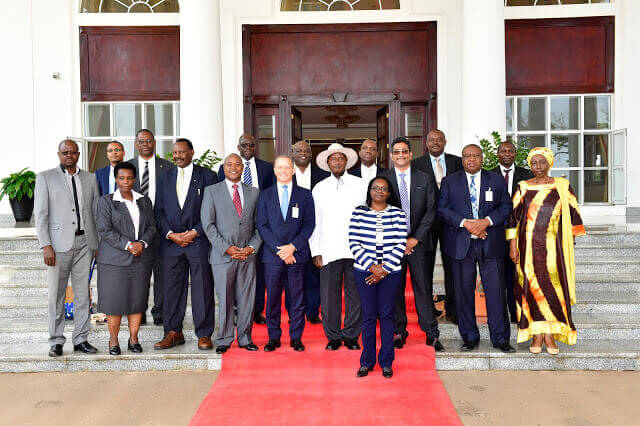The South Sudan National Revenue Authority (NRA) and TradeMark Africa (TMA) have entered a trade facilitation agreement, which will link the Central African nation to the Regional Electronic Cargo Tracking System (RECTS). The electronic system is currently implemented on the Northern Corridor in Kenya, Uganda, Rwanda, and the DRC through the respective revenue and customs administrations. Also, the tracking system will help Juba promote trade and diversify from oil revenues by establishing modern systems for faster clearance of goods at borders. Basically, RECTS will enable real-time tracking of transit cargos to or from DRC. This will be done through an online platform monitored in control centres in the four countries where the system operates: Uganda, Rwanda, Kenya, Congo and now South Sudan. With these control centres, the risk of consignment diversion in checkpoints will be reduced, ultimately minimizing checkpoint fraud and cargo theft. NRA Commissioner General Olympio Attipoe noted that the move is important as Juba aims to reduce the cost of security bonds, theft, and diversions, as well as enhance security on the transit route from the port of Mombasa. This development comes as South Sudan struggles to form a national unity government. The country gained independence from Sudan in 2011 but descended into a civil war two years later. After a string of failed agreements, a peace deal was signed last September between the opposition and the ruling parties. However, the Intergovernmental Authority on Development (IGAD) in a statement in May announced that both parties agreed to give themselves six more months to...
South Sudan joins East Africa electronic cargo system
Posted on: August 28, 2019
Posted on: August 28, 2019






















